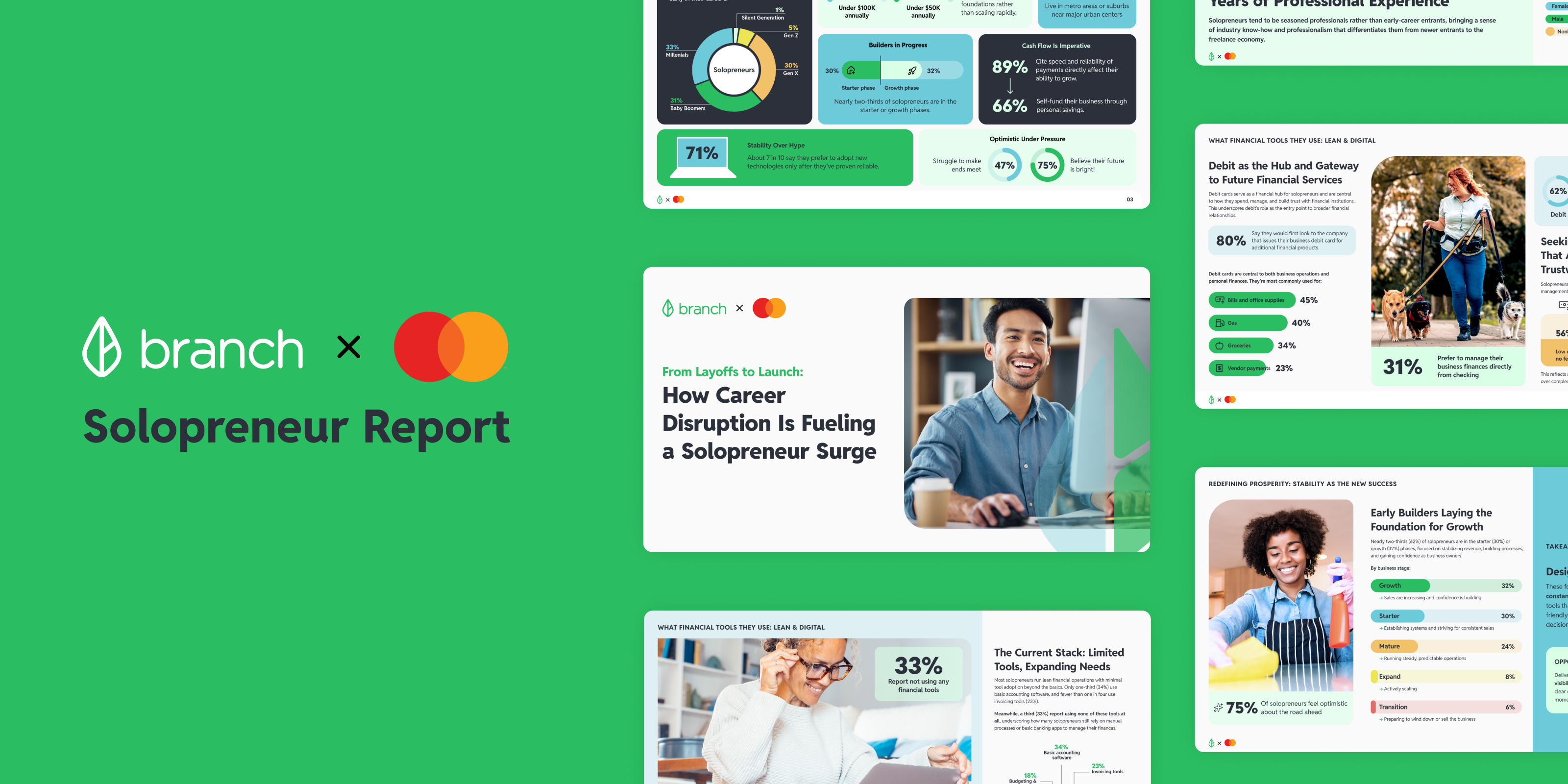
Why Healthcare Workers Need Earned Wage Access
In the past few years, healthcare workers have faced mental and physical challenges like none other, from risking their lives during a global pandemic to mental and emotional exhaustion. But when we talk about healthcare workers, it’s important to remember that the term doesn’t just encompass doctors and nurses. A hospital or healthcare facility is made up of so many other critical workers, too: Long-term care facility staff, X-ray technicians, cooks, custodians, and administrative staff, too. In fact, as the Bureau of Labor Statistics reports, more people work in hospitals as custodial staff and housekeepers than physicians and surgeons.
The surprising thing is that nearly 20% of these care workers are currently living in poverty—with more than 40% depending on some form of public assistance, as reported by Brookings.
Unfortunately, financial stress has been linked to lowered productivity, reduced ability to problem solve, and more feelings of burnout and exhaustion—which are often linked to medical errors. It’s critical that you find a way to support these employees—who are all essential to operational success and patient care. That’s where earned wage access comes in.
How EWA Can Help Healthcare Workers
The two-week pay cycle doesn’t always work for people living paycheck to paycheck—which roughly 78% of hourly workers are. And as stated above, a surprising number of healthcare workers make up this group. Earned wage access, or “EWA” is a way for employees to access a portion of their earned wages ahead of their scheduled payday.
Say you have a healthcare worker named Jake. He knows he makes approximately $1200 per paycheck. But after receiving his last paycheck—which he spends on monthly rent, bills, and food—he learns his car needs a minor repair. Jake simply doesn’t have the cash to make the repair—but he needs his car in order to get to work. Prior to his company’s EWA program, he would have turned to a payday loan to get the repair cash…and entered into a destructive cycle of high-interest loans to pay off high-interest loans for years.
Sounds stressful, right? Naturally, Jake’s work performance would be affected. He might miss work sometimes, or quit altogether. He might have to take on a second job if he’s struggling too much with his finances, resulting in less sleep, more stress, and poorer job performance at his existing job. But his healthcare facility offers EWA. Instead of taking out risky, expensive debt, Jake can instead instantly access the wages he’s already earned.
Now, Jake can pay for his car repair and continue showing up for shifts. When it’s payday, the wage amount he accessed in advance is automatically deducted from his paycheck. His financial stress has been relieved and he’s more engaged and satisfied at work. It’s an effective way to turn a potential emergency into a simple, stress-free scenario.
Why EWA is Now More Crucial Than Ever
The increased financial burdens healthcare workers are facing due to the pandemic are startling, and to prevent the cycle of financial instability, lost productivity, and decreased employee well-being, you need to offer them a way to meet their short-term financial needs without costing your healthcare system additional spend. There are also the issues of turnover rates and worker demands—both of which have been growing in the past years.
Turnover rates are climbing
Pre-pandemic, turnover rates in the healthcare industry were at an all-time high. In fact, the average hospital has turned over 89% of its workforce since 2015, making it the industry with the second-highest turnover rate following the hospitality industry. This matters for several reasons. First, turnover is costly. It’s estimated that it costs as much as two times an employee’s salary to replace them. The better your retention rates, the more money your hospital or healthcare system saves.
Secondly, employee turnover has another cost: It affects productivity, patient care, and treatment outcomes. If you can’t replace or train a new employee in time, your system becomes short-staffed. One study found that higher rates of employee turnover were directly linked to higher patient mortality.
Workers are demanding it
More and more healthcare workers are demanding this benefit. In fact, it’s the number one benefit desired by workers who applied for new jobs in 2020. And studies show job applicants are twice as likely to apply for a job if EWA is offered.
If you want to stay competitive, especially as healthcare workers experience increased burnout and are more apt to switch jobs, you need to offer a compelling benefit that can improve their lives.
Ready to Get Started?
Earned wage access provides access to much-needed funds for living expenses without incurring debt. And it’s a competitive offering many healthcare facilities have found useful for retaining their workforce and making an immediate impact. It’s also a win-win because it’s free for both your healthcare facility and your employees, helping boost wellbeing, productivity, and patient care in the process.
Want more insights into the state of healthcare and the need for earned wage access? Download our free guide, Earned Wage Access: A Crucial Benefit for Healthcare Workers.
Ready to discuss implementing EWA today? Get started here.
Continue reading
Unlock a Happier, More Productive Workforce









